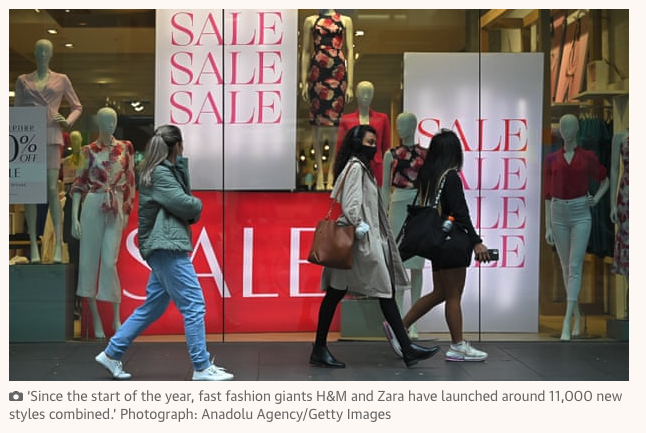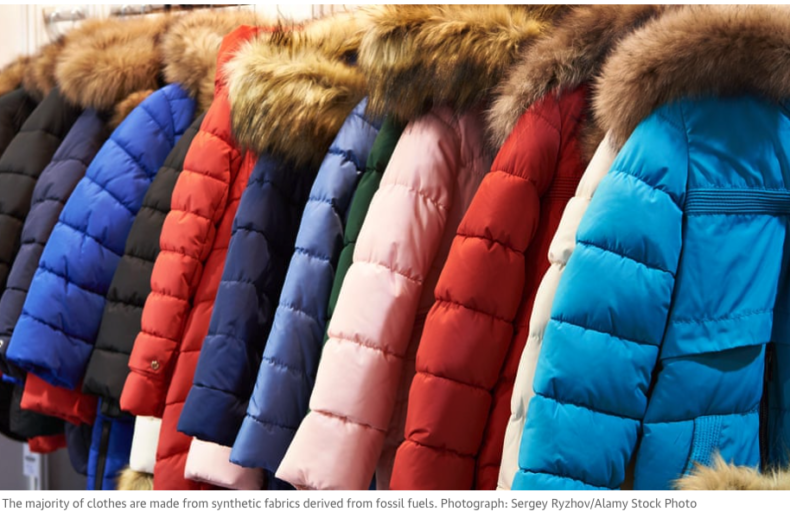If things don’t change fast, the fashion industry could use a quarter of the world’s remaining global carbon budget to keep warming under 2C by 2050, and use 35% more land to produce fibres by 2030.
While this seems incredible, it’s not. Over the past 15 years, clothing production has doubled while the length of time we actually wear these clothes has fallen by nearly 40%. In the EU, falling prices have seen people buying more clothing than ever before while spending less money in the process.
This is not sustainable. Something has to give. In our recent report, we propose the idea of a wellbeing wardrobe, a new way forward for fashion in which we favour human and environmental wellbeing over ever-growing consumption of throwaway fast fashion.
What would that look like? It would mean each of us cutting how many new clothes we buy by as much as 75%, buying clothes designed to last and recycling clothes at the end of their lifetime.
For the fashion sector, it would mean tackling low incomes for the people who make the clothes, as well as support measures for workers who could lose jobs during a transition to a more sustainable industry.





